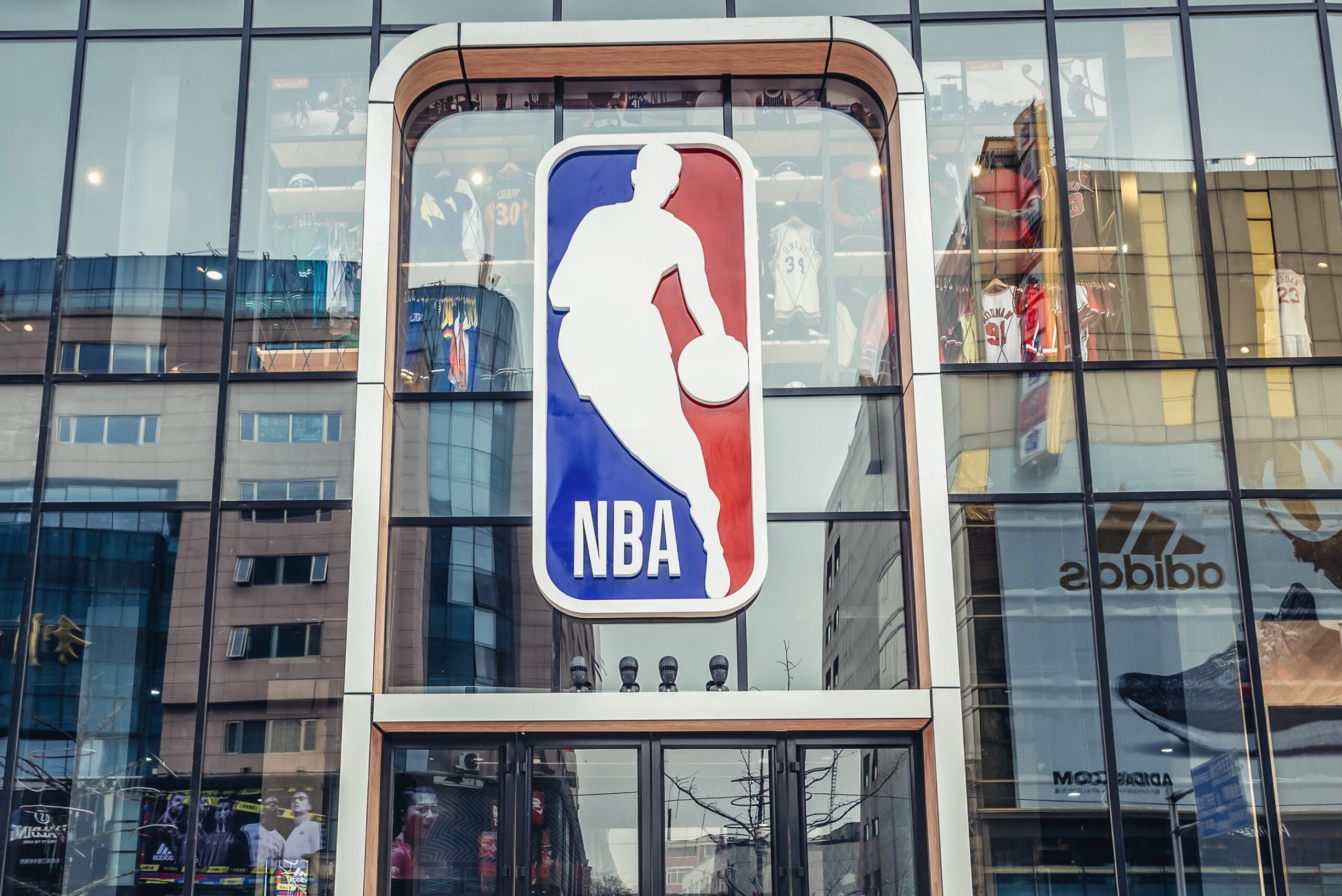The NBA…It Was Only a Matter of Time!

This is likely the just tip of a Titanic sized iceberg!
Did you ever wonder why professional athletes make so much money? Part of the reason is to dissuade them from trying to do things like obtaining compensation from unsavory places. Check out the Black Sox scandal, “Eight Men Out” is a great movie to watch to understand this
I’m not saying they were right doing what they did—but one of the reasons they did it was because they were being screwed by the owner of the team. The big money contracts of today are supposed to be more than enough, and it should be for players to not even think about going down this road! Yet here we are again and again and again, and unfortunately, I think there will be more to come.
The NBA’s Gambling Problem Isn’t an Aberration. It’s a Business Model.
The latest flashpoint
On October 23–24, 2025, federal authorities arrested more than 30 people in two linked probes into illegal gambling and rigged poker, including Portland Trail Blazers head coach Chauncey Billups and Miami Heat guard Terry Rozier. Prosecutors allege Rozier tipped associates about a planned early exit from a 2024 game to juice prop bets, while Billups is charged in a separate Mafia-backed poker scheme that allegedly used high-tech cheating devices. Both were placed on leave; all defendants are presumed innocent.
If this feels unthinkable, it shouldn’t. In April 2024, the NBA issued a lifetime ban to Toronto’s Jontay Porter after finding he shared confidential health info with bettors and wagered on NBA games himself; federal charges later detailed how outsiders profited by betting his unders on nights he exited early. That was the canary in the coal mine.
The scorched-earth truth
The NBA’s integrity crisis isn’t just about a few bad actors. It’s structural.
1) The league helped build the incentives it now condemns.
Since the fall of PASPA, the NBA has embedded itself in the betting economy: pioneering a gaming partnership with MGM in 2018; selling “official” data to books via Sportradar/Genius; and taking an equity stake in Sportradar as part of a long-term deal. That’s not peripheral—those partnerships turn game data into betting products and marketing. You can’t cash those checks and act shocked when betting pressures flood your locker rooms and timelines.
2) Prop bets are integrity accelerants.
Player-specific props (points, rebounds, “will he finish the game?”) monetize every ankle tweak and stomach bug. They also create a market where a single player’s nonpublic health info can swing six figures—exactly what prosecutors say happened in both the Porter case and the new Rozier indictment. The league has encouraged a micro-betting culture because it drives “engagement.” It also incentivizes whisper networks, harassment, and, inevitably, corruption.
3) Policing the players while partnering with the house is a conflict the public can smell.
The NBA will rightly punish rule-breakers. But fans see the contradiction: discipline on one hand, deal-making with sportsbooks and data vendors on the other. Integrity policies mean less when the league, teams, and media partners aggressively normalize betting integrations in broadcasts, apps, and arena signage. (MGM “official partner.” DraftKings/NBCU. “BetVision” experiences. It’s everywhere.)
4) Education alone won’t fix a misaligned marketplace.
Yes, the NBA runs integrity trainings. But as long as there’s a lucrative market for granular props tied to inseverable info—and a media ecosystem that treats lines like storylines—education is a Band-Aid on a broken bone. Even union voices have floated curbs on prop betting because the social and integrity backlash is real.
5) The public interest is missing from the conversation.
Sportsbooks just had another record year. Fans are bombarded with ads. Regulators are only now grappling with harms and guardrails. The league’s bet that more wagering equals more fandoms might prove penny-wise, culture foolish.
What the NBA should do—yesterday
- Push for a national, uniform blacklist of prop types that are uniquely vulnerable to inside info (injury/participation-adjacent markets, ultra-micro events). Stop pretending all props are created equal.
- Codify real-time disclosure protocols for injuries and availability—or bar related props altogether. The information asymmetry is the point of failure.
- Firewall commercial deals from integrity oversight. Independent integrity monitoring must be financially and operationally separate from any entity that profits from more betting volume. The current vendor-sponsored model is backwards.
- Dial down on-air betting integrations. If you want fans to trust the outcome, stop selling the sweat every 90 seconds. (Your partners will live.)
The wider sports-betting reality in 2025
Legal sports betting is no sideshow—it’s the show. Sportsbooks generated a record $13.71 billion in U.S. revenue in 2024 on nearly $150 billion in handle, and the growth hasn’t slowed in 2025. New York leads the nation; FanDuel and DraftKings remain dominant, with FanDuel’s parent Flutter projecting ~43% market share.
Regulators are waking up. Scholars and policy shops are documenting consumer harms and calling for stricter ad standards, targeting and content limits—an echo of the tobacco/alcohol playbook. If you feel like every timeout has a same-game parlay ad, that’s by design—until the rules change.
And leagues? They’re deeper in than ever: official data deals, in-broadcast betting products, and cross-platform integrations that blur competition and commerce. When scandals hit—as with Porter in 2024 and the Billups/Rozier cases now—the public’s question isn’t “how could this happen?” It’s “how could it not?”
Bottom line
The NBA can’t market micro-wagers as fan “engagement” from Monday to Saturday and then clutch pearls on Sunday when the same incentives corrode the game. If the league truly believes in integrity, it must stop selling the pieces of basketball most easily manipulated and create distance—real distance—between its product and the betting machine. Otherwise, don’t be surprised when the next scandal arrives right on schedule.
Related content:
The State of Sports: Facing a Crossroads in 2025




